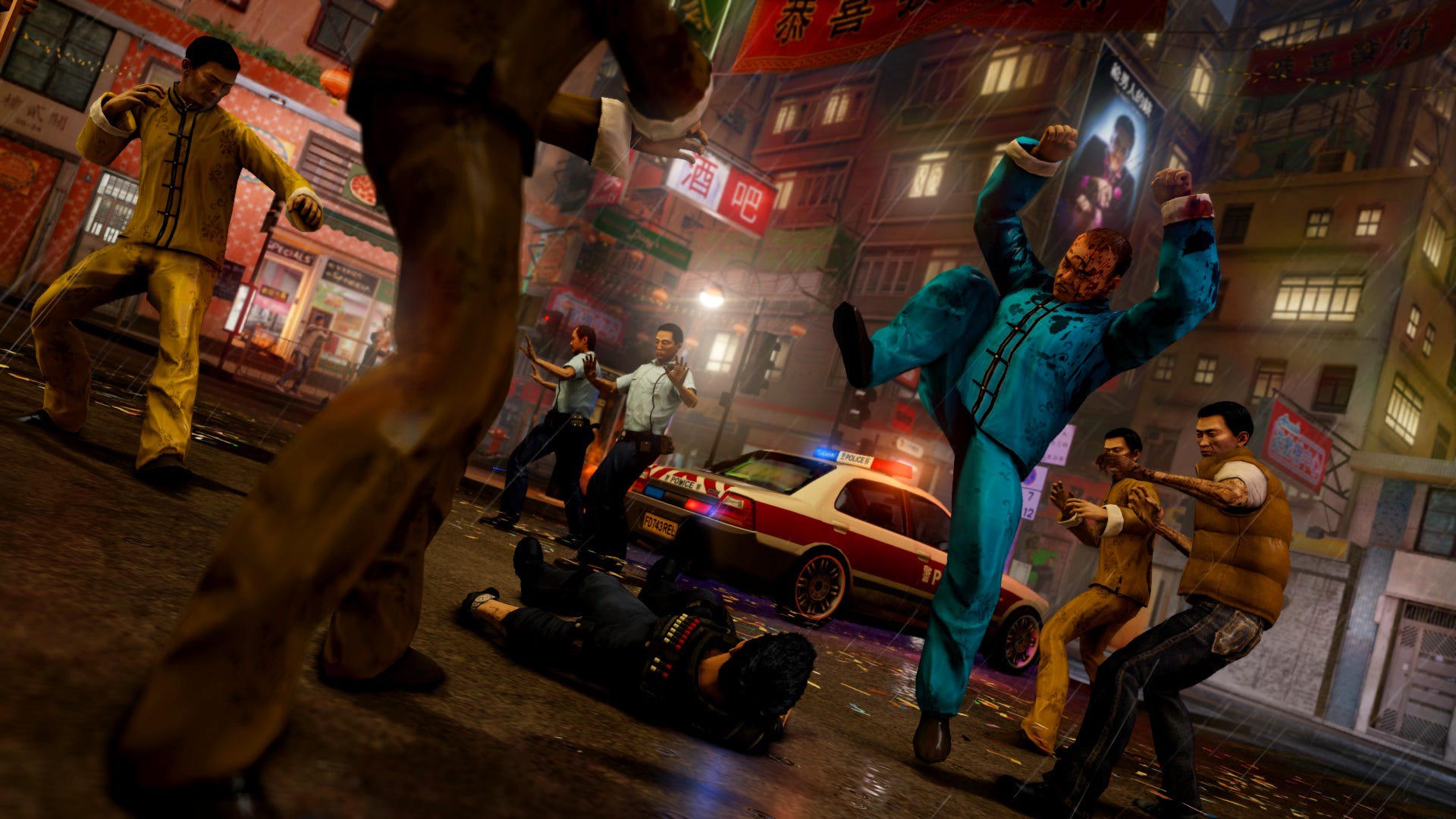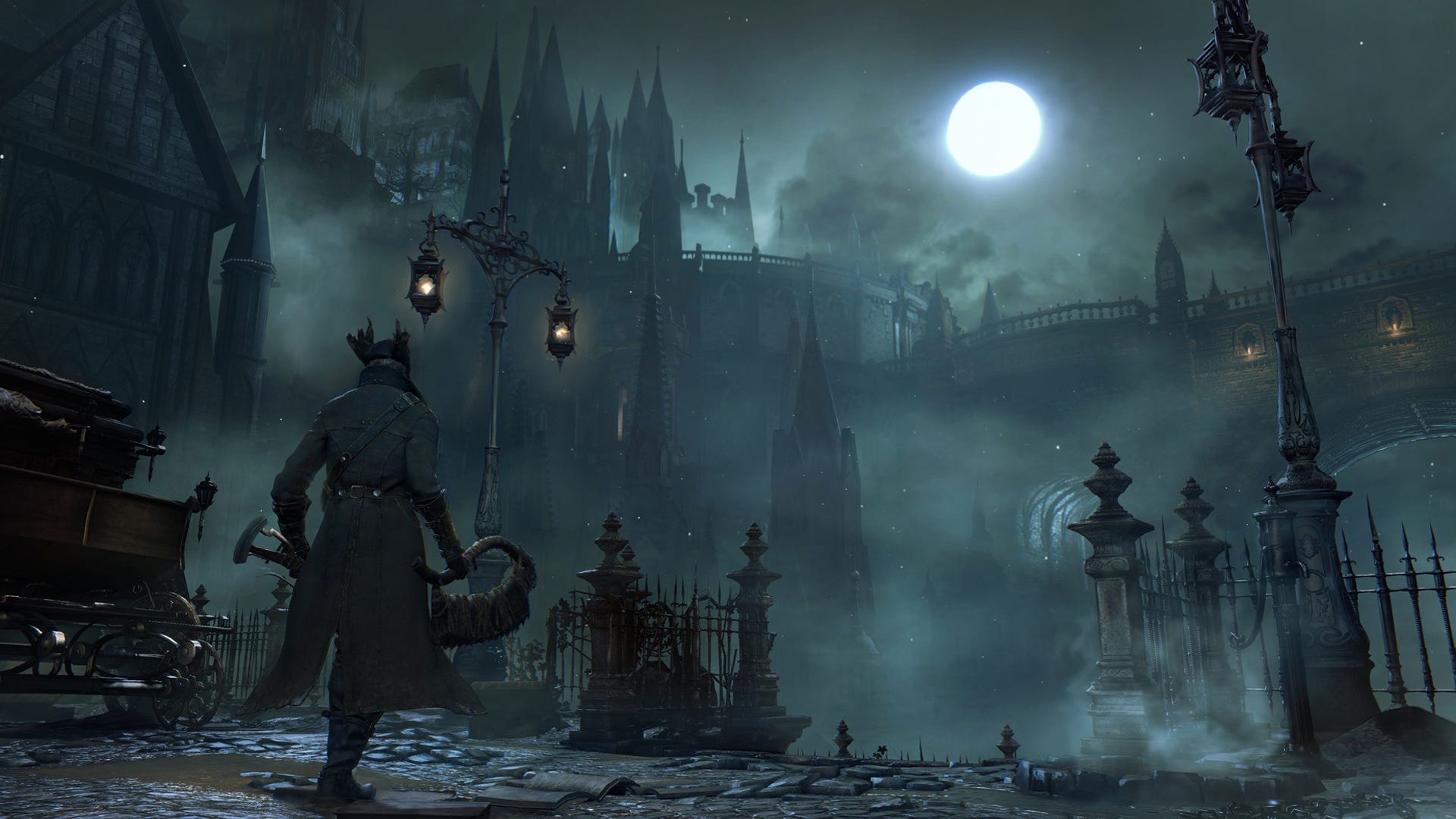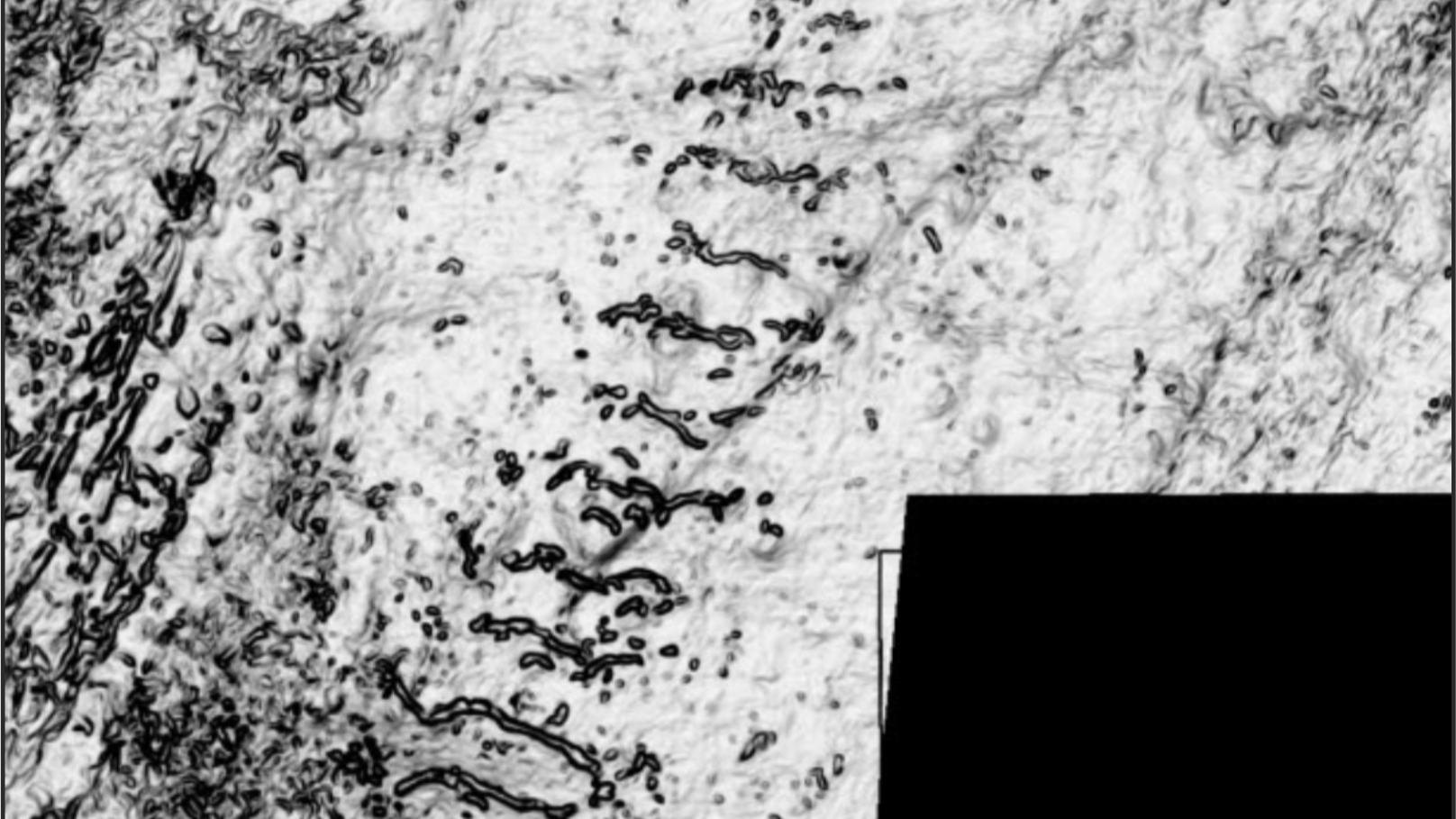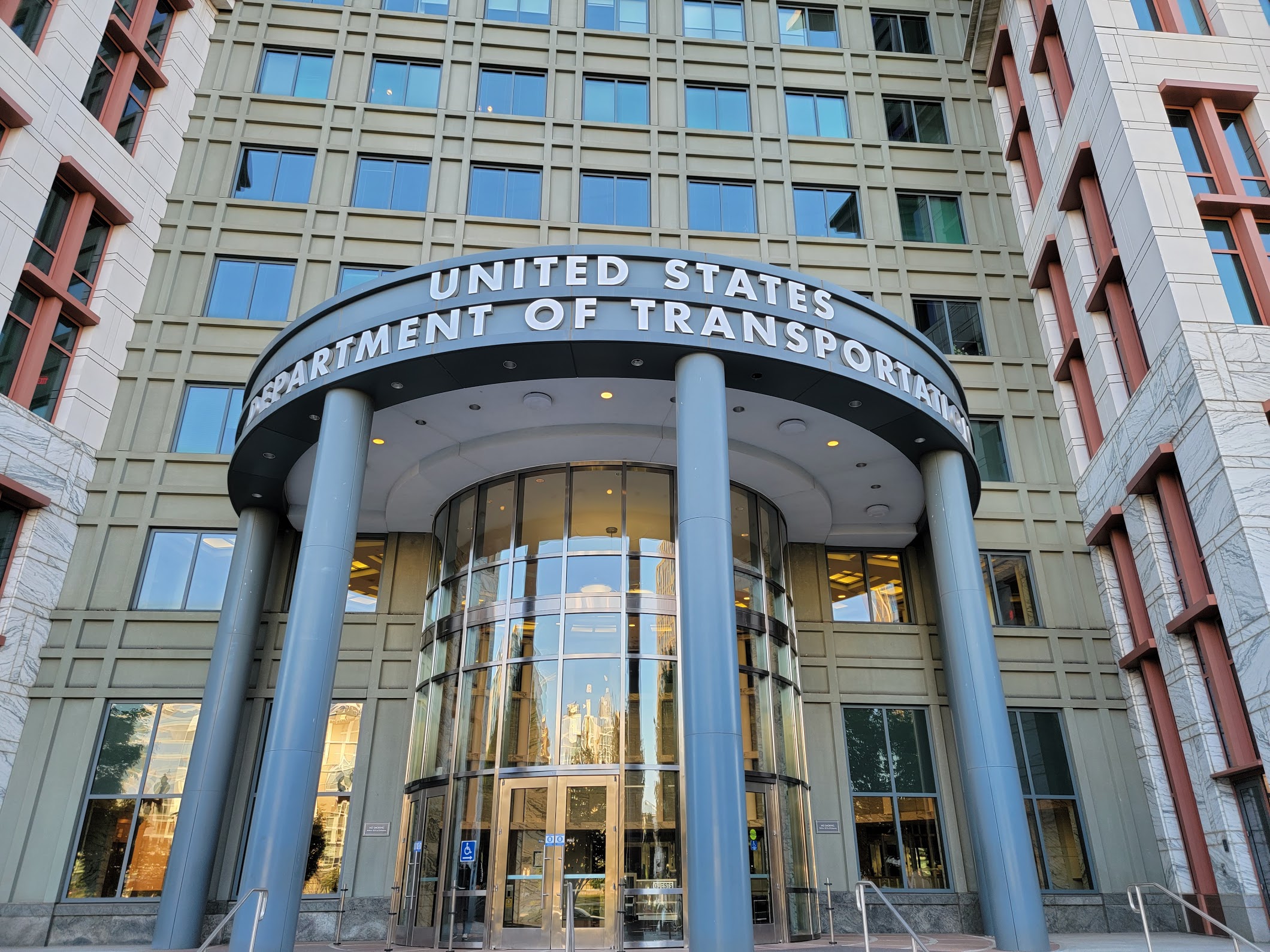Lonely Blue Night
A portrait of a Chinese family in which the consequences of a mother’s decision to leave her daughter in the care of an American homestay family are slowly unearthed when they reunite on one lonely blue night.
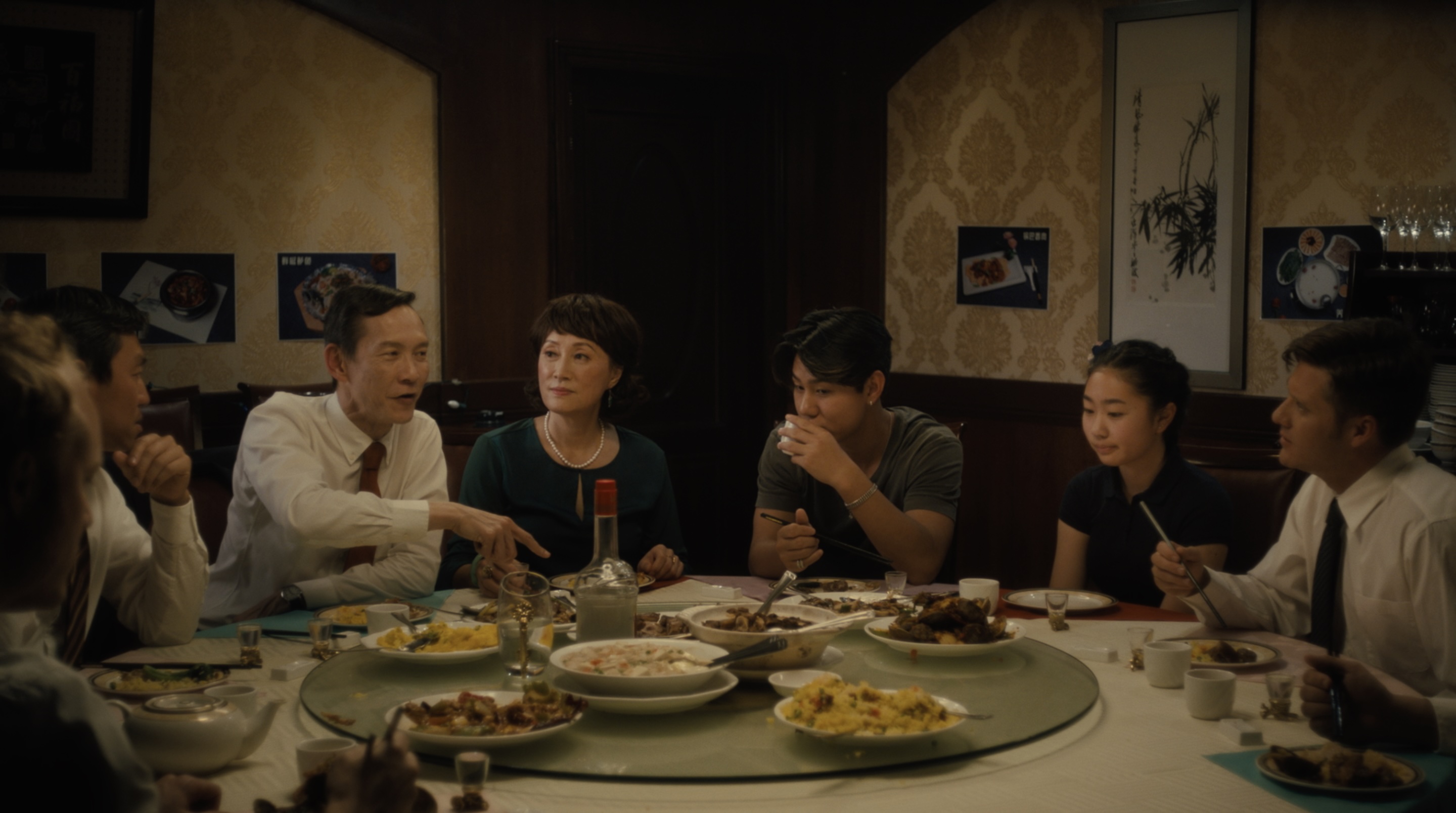

Expressing how much our loved ones mean to us can often be a difficult thing to do. This emotional distance isn’t always intentional, as it can often stem from a series of seemingly unrelated decisions over time. Bit by bit, the distance grows, unnoticed until it becomes undeniable. In Lonely Blue Night, Johnson Cheng portrays a mother and daughter navigating this complexity in the midst of a business dinner, both trying to find their way back to each other through sincere moments and unspoken gestures.
Writer/director Cheng shared that he’s “drawn to stories that allow me to explore characters and worlds within the San Gabriel Valley”, which inspired the character of Lisa (the daughter), a parachute kid sent from China to California for middle/high school. The family’s reunion is already an awkward affair, but it is made even more so as they are hosting the father’s business partners for dinner and karaoke. With all the customs and formalities that go along with such an occasion, Cheng’s script excels at creating rich subtext to explore the rift between mother and daughter. Though not much is actually said between the characters, small actions – such as taking a bite of lobster, drinking a shot of baijiu, or singing karaoke – carry profound emotional significance beneath their apparent simplicity.
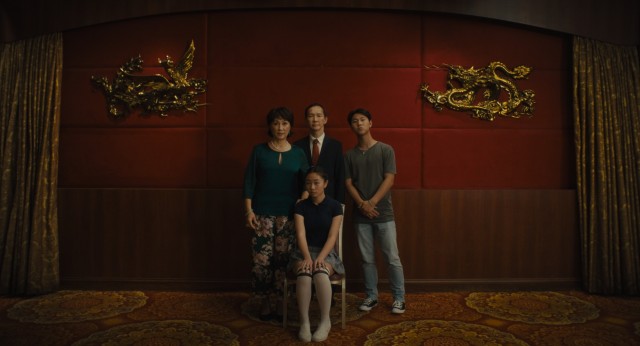
“I shot this film in the San Gabriel Valley, my hometown area, a place that is very special to me which I want to showcase to the world through film.” – writer/director Johnson Cheng
The film’s visual language also complements its tone, maintaining a detached but controlled gaze on its characters. Through the use of wide shots and precise cuts – an approach that Cheng labels as “an attempt at something mathematical” – the director is able to sustain a degree of discomfort as the audience watches the night unfold. It’s not until the very end that Cheng uses close-ups, making the melancholy lyrics sung by the mother feel like a punch to the gut. Diana Lin’s performance as the mother is brilliant throughout the film, but it’s in that last scene that she really conveys the heartache beneath the surface of all she says and does. The moment lingers on her face as she makes eye contact with her daughter – and, by extension, the audience – conveying the unspoken emotions that words cannot express.
I admittedly have a soft spot for films like Lonely Blue Night that delve into familial and cultural dynamics, but I especially admire the sincerity and familiarity Cheng brings to his work. Each scene is crafted with such attention to detail and intimacy that it’s clear that this is set in a world he knows well. As the filmmaker explains, “This film was shot in a Cantonese dim sum/seafood restaurant that I grew up eating at. For me, the most special thing about making a film in a real location that has meaning to me, is getting to revisit the space and reliving the fond memories of making the film there. After the pandemic, traditional restaurants like this in the SGV struggled, and many closed down. This film is both an imagined time capsule of my childhood and a real time capsule of me as a filmmaker – pre-pandemic, trying to figure out my next film. Years later, on the other side of that, I’m happy to say that the restaurant is still there – and that I’m still trying to figure out my next film.”









![[DEALS] iScanner App: Lifetime Subscription (79% off) & Other Deals Up To 98% Off – Offers End Soon!](https://www.javacodegeeks.com/wp-content/uploads/2012/12/jcg-logo.jpg)









